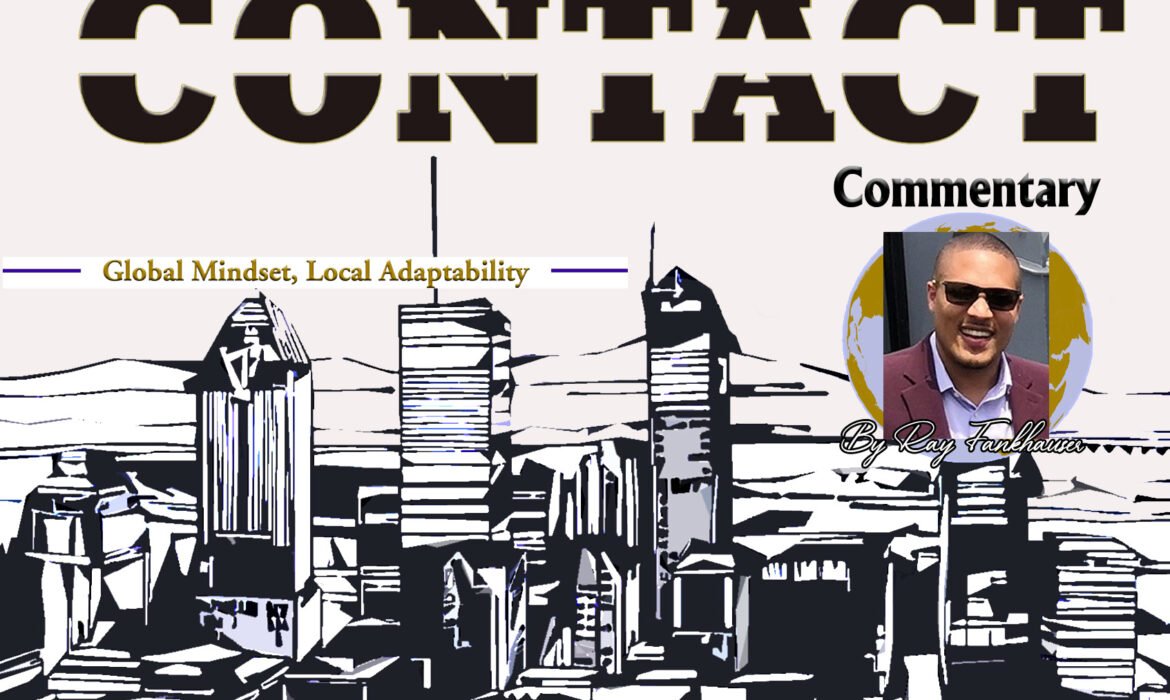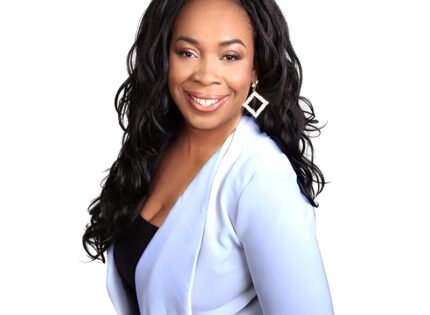 What is constructive engagement? Why does it seem so daunting to navigate the current environment and avoid the temptation to simply withdraw? What do we make of the alarming loss of civility in our discourse? What risks to our mental health do we need to manage while advocating for justice? Why is polarization so dangerous?
What is constructive engagement? Why does it seem so daunting to navigate the current environment and avoid the temptation to simply withdraw? What do we make of the alarming loss of civility in our discourse? What risks to our mental health do we need to manage while advocating for justice? Why is polarization so dangerous?
You may remember the days of a bipolar world when the battle lines were drawn between the East (generally understood as adherents of Communism and its left-wing relatives) and the West (generally understood as adherents of capitalism and “free society”).
There was a certain “agree to disagree” approach to relations at the time, and civil society discussions about politics tended to involve a reasonable level of nuance and carefully considered positions. We call this, “constructive engagement”.
Following the demise of the Soviet Union and socialism as a viable alternative to American dominance, we entered a unipolar era, in which the US led the only system exerting true global influence. It took more than a decade for opposition to American global dominance to assert itself in the form of terrorist activity and other less-lethal resistance.
In the first two decades of this century, the US was never in significant military danger, but it expended mind-boggling resources on military activities in Iraq, Afghanistan, and dozens of other nations.
The “Financial Crisis” of 2008 pushed Americans to focus on domestic issues (questioning the need to spend so much on influence abroad) and fuelled a new level of partisan strife which continues to this day.
Given that the US political system is based on only two parties, you’d think that voters would often have views that slot somewhere in between the main party platforms (typically referred to as the centre).
With the rise of crass politics as perfected by Donald Trump, we have seen a hollowing out of the centre, where reasonable debate and compromise used to thrive. Why is this so? Because the hardening of ideologies has forced a move to extremes.
It used to be possible to vote for the Republican Party based on the idea that they would seek to make government smaller and more efficient (fiscally responsible) without expecting a complete dismantling of the court system and other key checks and balances (the building blocks of responsible government).
These days, a vote for the Republican Party is a vote for the eradication of women’s rights, the indiscriminate availability of guns (because guns don’t kill people, people kill people), and the reinforced marginalization of vulnerable communities.
If you wanted to vote for a careful reduction of abortion rights or a measured increase in Christian political influence, you would in fact be saddled with a host of other radical policies you wish you never had to sign up for. The same is true for the Democratic Party, in that you might appreciate their apparent penchant for inclusion, but you may take issue with government largesse or want to limit the influence of unions.
Lamentably, we are seeing elements of this societal breakdown in Canada as well, due in large part to the borderless nature of the internet. It is now incredibly easy to take inspiration from groups and ideas anywhere in the world and seek to sow strife in local communities.
The current discourse reached fever pitch thanks to COVID. Now, there was a new battle to fight, and predictably a medical issue quickly became a political one.
Suddenly, antisocial public health behaviour aligned with the right to bear arms and the “need” to crush justice movements like Black Lives Matter.
Perhaps protecting the right to bear arms also meant protecting the right to commit violence against those who voiced concerns about their systemic repression?
The general lack of respect, and the media’s obsession with reinforcing division not only in its editorial positioning but also in its sensationalist demonization of opposing views (this is a form of “othering”) has caused many of us to withdraw from the discourse and seek solace in our personal cones of silence.
Next time, we will tackle the risks to our mental health in the struggle for justice, and how to maintain our sanity in this hyperpolarized world.
Ray Fankhauser is Chairman of Fankhaus Valley Consultants, a global strategy firm based in Montreal. Reach out to him at ray.fankhauser@fankhausconsult.com.
















